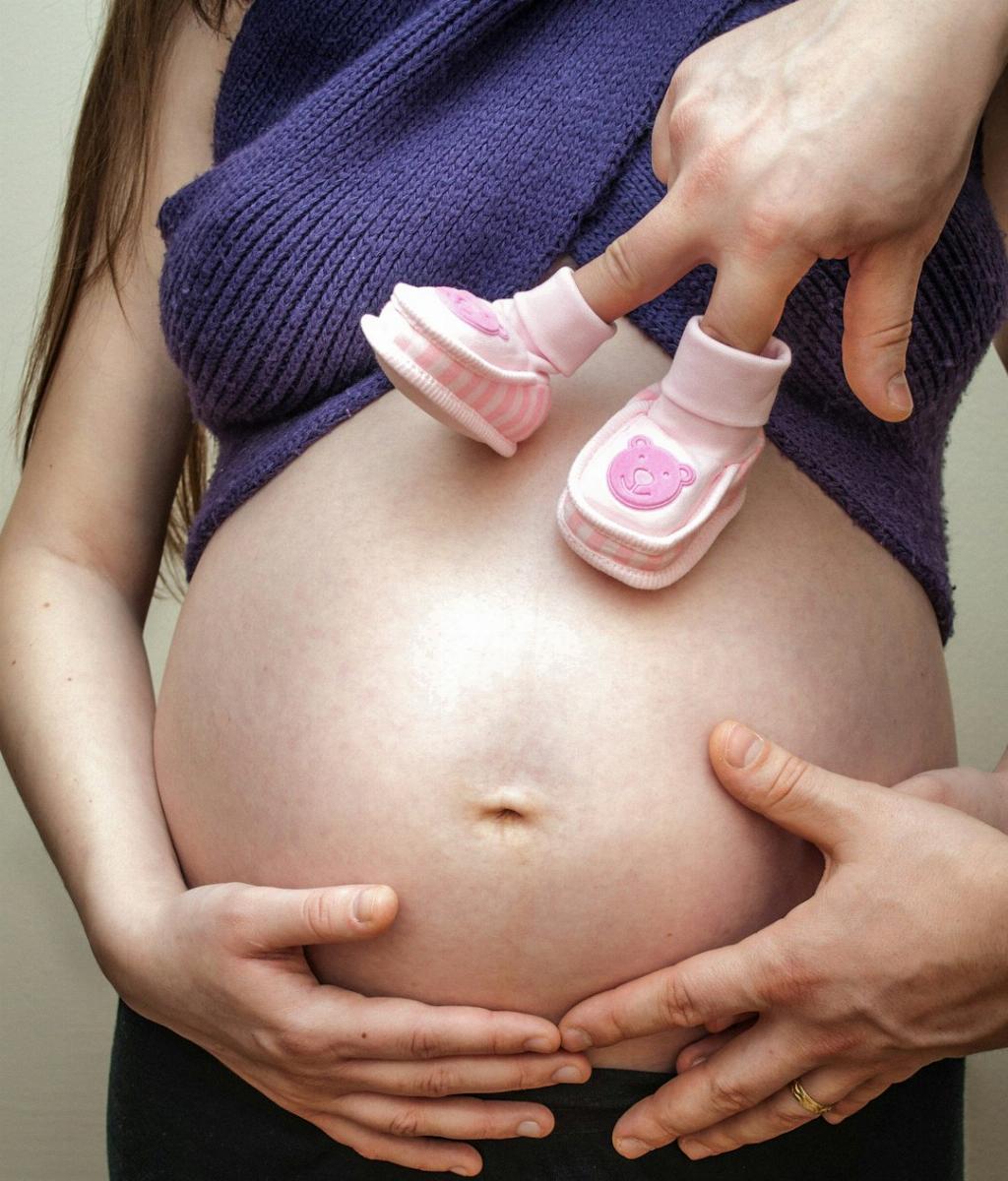When it comes to caffeine consumption during pregnancy, expectant mothers are often faced with a myriad of conflicting information. However, one crucial factor to consider is how much caffeine is safe to consume at four weeks pregnant. This period is critical, as it marks the early stages of fetal development and any substance intake must be carefully monitored.
Research suggests that limiting caffeine intake to 200 milligrams per day is generally considered safe during pregnancy. This amount is equivalent to approximately one 8-ounce cup of coffee or one 12-ounce cup of tea. However, it is essential to be mindful of the caffeine content of various beverages, as serving sizes can differ significantly.
For individuals who are accustomed to consuming higher doses of caffeine on a daily basis, reducing intake to 200 milligrams may pose a challenge initially. Withdrawal symptoms such as headaches and fatigue are common but are typically transient. It is advisable to gradually decrease caffeine consumption to prevent abrupt changes that may lead to discomfort.
During the early stages of pregnancy, the developing fetus is particularly vulnerable to the effects of caffeine. Excessive intake of caffeine has been linked to an increased risk of miscarriage and low birth weight. Therefore, adhering to the recommended limit of 200 milligrams per day is crucial in safeguarding the health of both the mother and the baby.
It is vital for pregnant individuals to be vigilant about monitoring their caffeine consumption, especially during the first trimester when organ formation is underway. Even though caffeine can cross the placenta and reach the developing fetus, sticking to the advised limit can help mitigate any potential risks associated with its intake.
Choosing alternative beverages with lower caffeine content, such as decaffeinated coffee or herbal teas, can be beneficial for pregnant women looking to reduce their overall intake. Additionally, staying hydrated with water and consuming nutrient-rich foods can help combat any cravings for caffeinated drinks.
Factors such as individual tolerance to caffeine, metabolism, and overall health may influence how pregnant individuals respond to caffeine consumption. It is essential to listen to your body and consult with healthcare professionals if you have any concerns about your caffeine intake or its potential impact on your pregnancy.
While the debate on caffeine consumption during pregnancy continues, adhering to the guideline of 200 milligrams per day at four weeks pregnant can provide a reasonable threshold for ensuring the well-being of both the mother and the developing fetus. Maintaining a balanced and varied diet is key in supporting a healthy pregnancy journey.
Being mindful of hidden sources of caffeine, such as chocolate, certain medications, and energy drinks, is essential in accurately tracking your daily intake. Reading labels and staying informed about the caffeine content of different products can help you make informed choices during this critical period.
Ultimately, prioritizing the health and safety of your growing baby should be the overarching consideration when determining your caffeine consumption during pregnancy. As each pregnancy is unique, it is advisable to customize your approach to caffeine intake based on your individual circumstances and consult with healthcare providers for personalized guidance.

